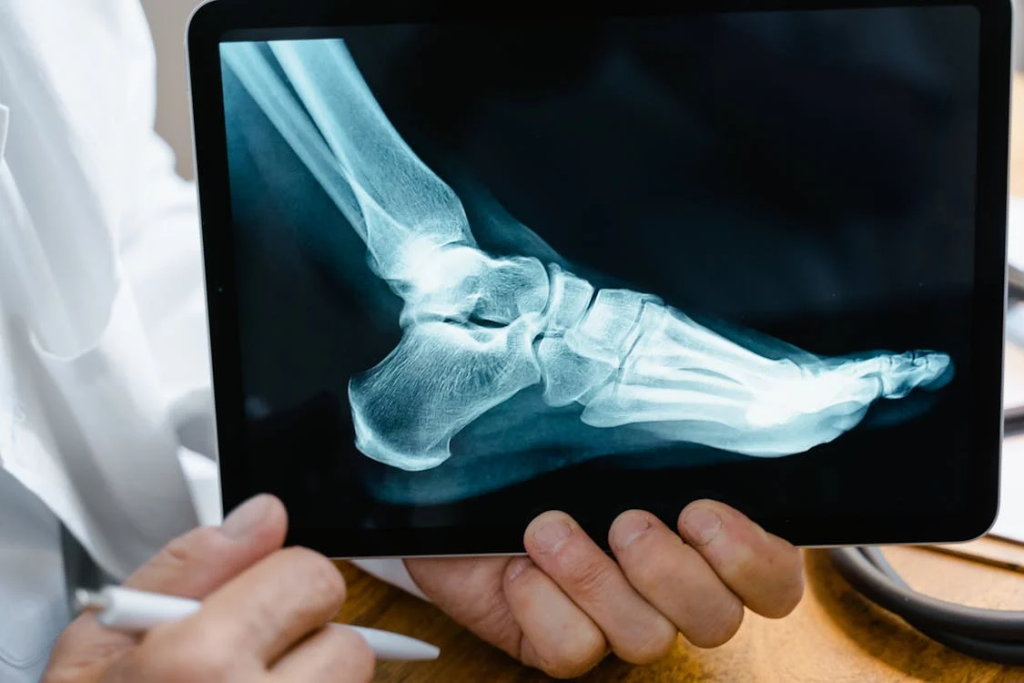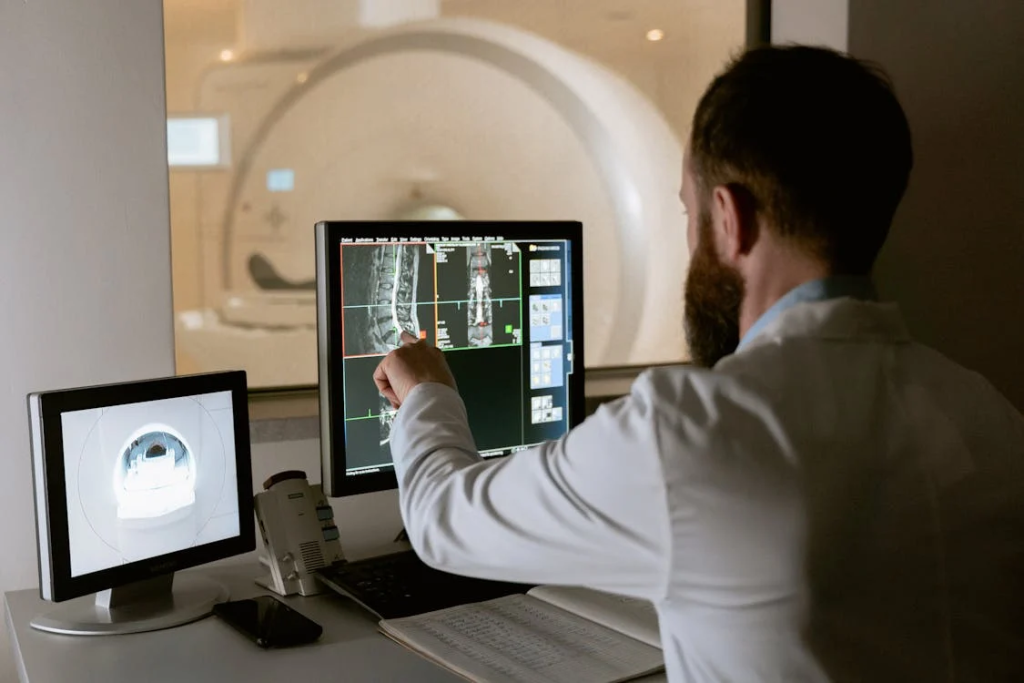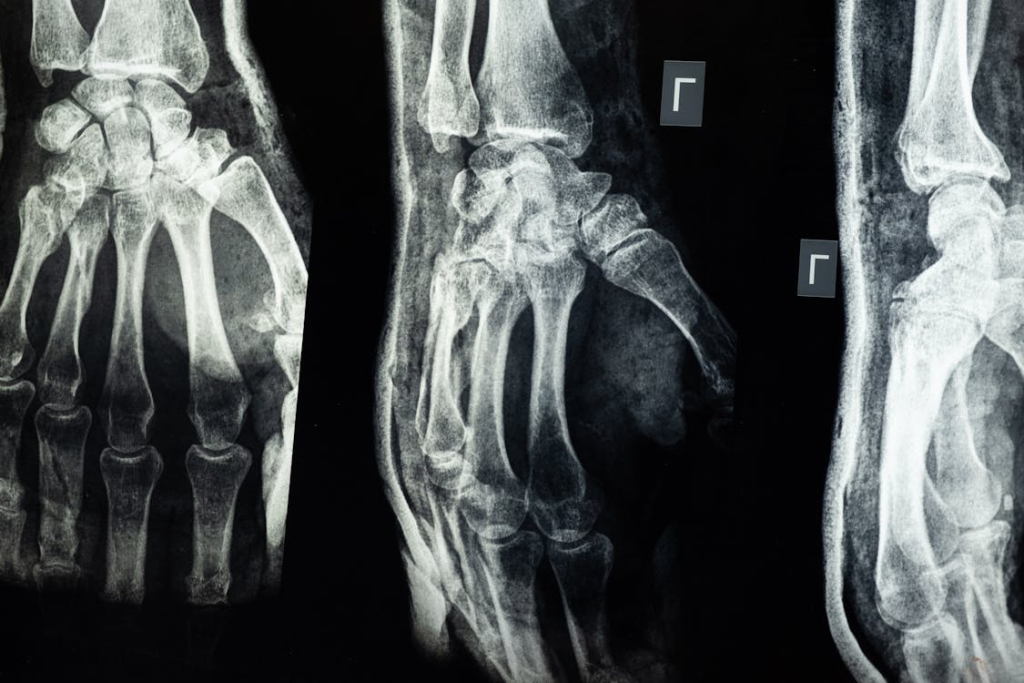Levothyroxine is a synthetic hormone used in treating hypothyroidism or an underactive thyroid. Marketed under various brands including Synthroid, it is the second most prescribed medication, especially among older adults, in the United States. Millions of Americans rely on levothyroxine to manage symptoms and prevent complications resulting from thyroid irregularities.
However, new research has uncovered alarming results about its long-term effects on bone health. Recent studies indicate that levothyroxine may be linked to an increased risk of bone disease including osteoporosis and fractures. The studies indicate that this increased risk is also observed even when levothyroxine is used within recommended guidelines.
Understanding Levothyroxine and Its Role

Levothyroxine is a synthetic version of thyroxine, a hormone naturally produced by the thyroid gland. Doctors prescribe it to people with an underactive thyroid, a condition known as hypothyroidism. Hypothyroidism can cause fatigue, weight gain, hair loss, and other health issues. More serious and fatal complications can occur if left untreated.
Levothyroxine is marketed under several brand names, including Synthroid. About 23 million Americans, or 7% of the population, take levothyroxine daily. It is often prescribed for long-term use, sometimes for many years. In some cases, patients may continue taking the medication even when it is no longer necessary.
According to Elena Ghotbi, M.D., study’s lead author, postdoctoral research fellow at Johns Hopkins states that recent “Data indicates that a significant proportion of thyroid hormone prescriptions may be given to older adults without hypothyroidism, raising concerns about subsequent relative excess of thyroid hormone even when treatment is targeted to reference range goals.”
Read More: What to Expect After Gallbladder Surgery: Side Effects and Dietary Tips
The Link Between Levothyroxine and Bone Disease

A recent study was presented at the Radiological Society of North America (RSNA) annual meeting. It involved a multidisciplinary team from Johns Hopkins Medical Institutions. Researchers came from the Russell H. Morgan Department of Radiology and Radiological Science. They also represented the Endocrinology Department and their collaboration aimed to assess levothyroxine’s impact on bone health.
Dr. Elena Ghotbi led the research team that studied the effects of levothyroxine use in older adults. They focused on people with normal thyroid function, called “euthyroid” adults. They also looked at thyroid hormone levels within the normal range. The goal was to see if these factors were linked to increased bone loss over time.
Read More: 9 Potential Side Effects of Calcium Channel Blockers You Should Watch For
The study

This study followed adults aged 65 and older for over 6 years. They used data from the Baltimore Longitudinal Study of Aging (BLSA). The study group included 81 euthyroid adults who were taking levothyroxine and 364 euthyroid adults who were not. All participants had thyroid function tests consistently within the normal reference ranges.
Care was taken to ensure that none had overactive or underactive thyroid conditions. Over a median follow-up of 6.3 years, the researchers used repeated DEXA scans to monitor changes in bone mass and density at each study visit, providing a comprehensive view of bone health progression.
The results showed that older adults taking levothyroxine experienced significantly greater loss of total body bone mass and bone density compared to those not using the medication. Importantly, this bone loss occurred even though all participants maintained thyroid hormone levels within the normal reference range.
The study also accounted for other risk factors such as age, gender, body weight, height, race, use of other medications, smoking history, and alcohol use through propensity score matching, strengthening the validity of the findings. These findings suggest that even when levothyroxine is prescribed according to current guidelines and thyroid hormone levels remain within the accepted range, older adults may still face a higher risk of bone disease.
How Levothyroxine May Affect Bone Health

Thyroid hormones regulate bone remodelling, the process by which old bone is replaced with new bone. Too much thyroid hormone, even at levels considered normal, can speed up bone production. This can lead to increased bone resorption, where bone is broken down faster than it is rebuilt. Over time, this imbalance can weaken bones and increase the risk of osteoporosis and fractures.
The study showed that people taking more levothyroxine lost even more bone density, which points to a dose-related effect. The association between levothyroxine and bone mass and density loss was stronger with higher use of the medication. Researchers observed stronger effects at higher serum-free thyroxine (FT4) levels. This suggests levothyroxine might cause a thyroid hormone surplus in some seniors. Surprisingly, this occurred even when TSH levels stayed within normal ranges.
Read More: 16 Possible Side Effects of Magnesium To Be Aware Of
Implications for Older Adults

The findings raise important concerns for older adults taking levothyroxine. Bone loss increases the risk of osteoporosis, a disease where bones become fragile and more likely to break. Fractures in older adults can lead to serious health problems, including loss of independence and higher mortality rates. The study suggests that even when levothyroxine is prescribed within current guidelines, it may still increase the risk of bone disease in seniors.
This is especially concerning because many older adults may be taking the drug for years, sometimes without a clear ongoing need. The risk appears to be higher for those on higher doses or with other risk factors for bone disease. It is essential for healthcare providers to carefully assess the necessity of levothyroxine therapy and to monitor bone health in patients who require long-term treatment.
Recommendations for Patients and Providers

Experts recommend that patients taking levothyroxine, especially older adults, talk to their healthcare providers about their treatment. Regular monitoring of thyroid hormone levels is essential to avoid overtreatment. Doctors may need to reassess the necessity and dosage of levothyroxine, particularly in patients with other risk factors for bone disease. Patients should not stop or change their medication without medical advice, as untreated hypothyroidism can have serious and fatal consequences.
Healthcare providers should consider bone density testing and other preventive measures for osteoporosis in patients on long-term levothyroxine therapy. Lifestyle changes, such as regular exercise, adequate calcium and vitamin D intake, and avoiding smoking and excessive alcohol, can also help protect bone health.
Conclusion

Levothyroxine remains an important medication for many people with hypothyroidism. However, new research highlights a potential link between long-term levothyroxine use and increased risk of bone disease in older adults. The evidence suggests that even when thyroid hormone levels are kept within normal limits, bone loss may still occur. Patients and healthcare providers should work together to monitor thyroid function and bone health, aiming to minimize risks while managing hypothyroidism effectively.
Disclaimer: This information is not intended to be a substitute for professional medical advice, diagnosis or treatment and is for information only. Always seek the advice of your physician or another qualified health provider with any questions about your medical condition and/or current medication. Do not disregard professional medical advice or delay seeking advice or treatment because of something you have read here.
Read More: New Ozempic Side Effect Sparks Growing Concern Among Users

